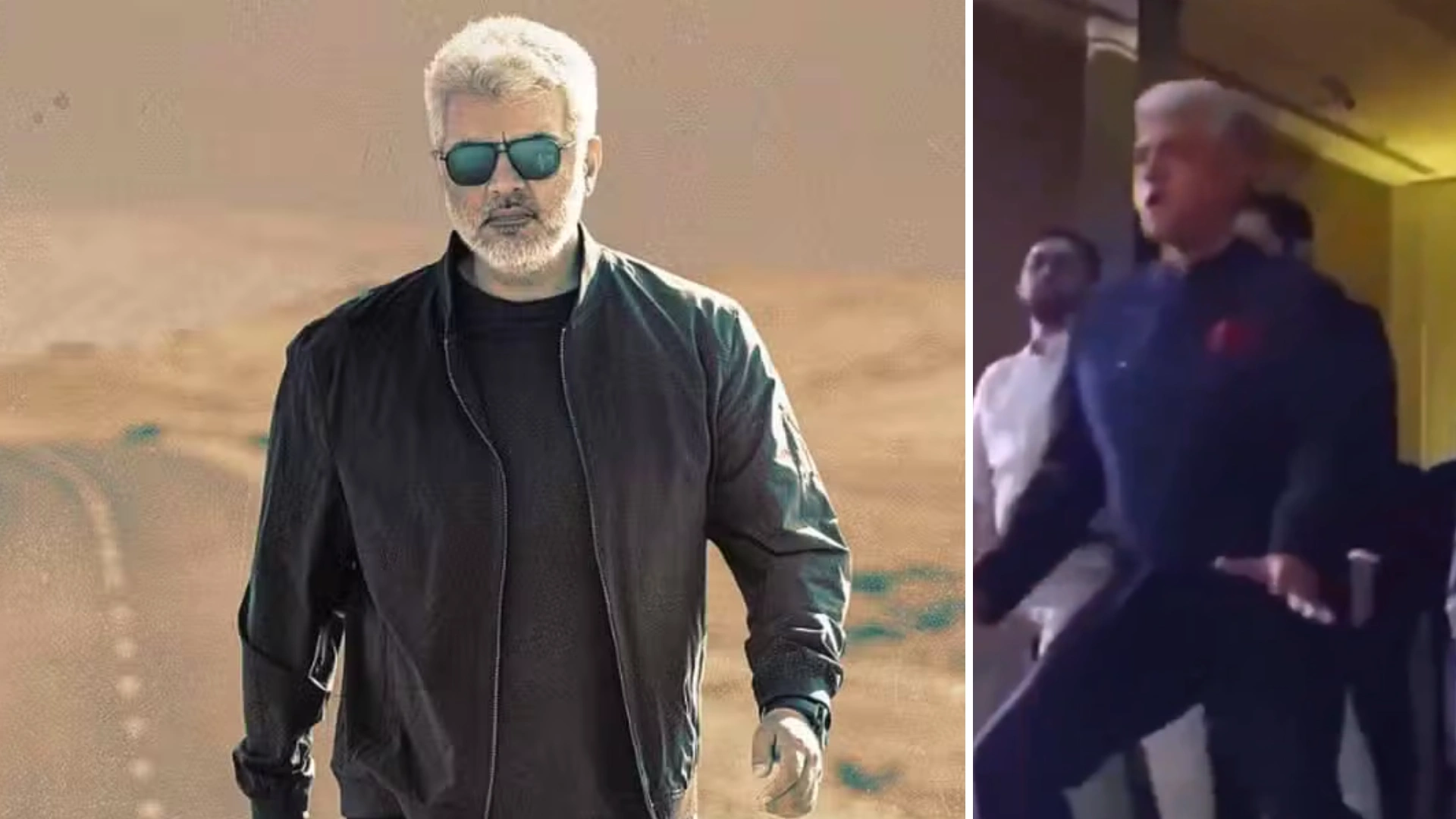Team India made history by securing a double gold at the Chess Olympiad, triumphing over 190 countries and nearly 2,000 top players from across the globe. The Indian men’s team defeated Slovenia, while the women’s team overcame Azerbaijan, marking a monumental moment in Indian sports. Chess, a game deeply rooted in Indian heritage, was brought back into the global spotlight with these victories, and the nation of 1.4 billion celebrated the success of its players.
In an exclusive interview with NewsX , Grandmaster Tania Sachdev shared her thoughts on this historic achievement, her journey in the world of chess, and the mental and physical endurance required to compete at the highest level.
The Impact of India’s Victory
Tania Sachdev highlighted the immense pride that came with India’s double gold win at the Chess Olympiad, describing the moment as one of disbelief and joy. She remarked:
“It feels amazing, but to be completely honest, I think the feeling is still sinking in. We are all still processing everything that’s happened.”
Sachdev noted how this victory is particularly significant because India became the third country to ever secure gold medals in both the men’s and women’s sections at the Olympiad. She acknowledged that the competition was fierce, with over 180 countries vying for glory.

Mental and Physical Preparation
- Chess Training: Sachdev stressed that success at the Olympiad required months of preparation, involving rigorous chess training, analyzing past performances, and working on strategic improvements. She emphasized the importance of refining openings, endgame techniques, and correcting mistakes from previous tournaments.
- Physical Fitness: Sachdev pointed out that mental stamina is crucial in a game like chess, especially at high competition levels where matches can last between 4 to 6 hours. Physical endurance plays a vital role in ensuring that players can maintain their concentration through long matches without making costly mistakes. This includes following a strict fitness routine to ensure both body and mind are in peak condition during the tournament.
Overcoming Setbacks
The women’s team faced challenges during the tournament, particularly after a loss to Poland in the eighth round. Sachdev described this as one of the most difficult moments of the competition. However, the team’s resilience was evident when they bounced back in the next match against the United States. This victory was especially sweet as the U.S. team had snatched gold from India at the 2022 Chennai Olympiad.
Sachdev praised the team’s ability to recover from setbacks:
“It really shows a lot of strength of character in sports to come back from these setbacks. Experience matters a lot, but I think the youth also shone in that aspect this time.”
Tania Sachdev’s Chess Journey
Reflecting on her personal journey, Sachdev shared that her introduction to chess was serendipitous. She started playing at the age of six in Delhi, initially learning the game while her father was teaching her brother. What began as a hobby turned into a passion, and she has now been a member of the national chess team since 2008.

Evolution of Chess
The game of chess, originally known as Chaturanga in ancient India, has evolved significantly over centuries. From India, the game spread westward into Persia, where it became a staple in princely education. By the 11th century, chess had made its way to Europe, Japan, and Korea, solidifying its place in global culture. Over time, chess underwent transformations, including the introduction of the modern queen, bishop, and other standardized rules.
Despite these global developments, the origins of chess remain firmly in India, where it was a battle simulation game reflecting military strategy. Sachdev emphasized the significance of India reclaiming its rightful place in the world of chess, drawing comparisons to the nation’s win in the 1983 Cricket World Cup.
India’s double gold at the Chess Olympiad is not just a victory for the players, but a reclaiming of the nation’s historic connection to chess. Tania Sachdev’s insights provide a glimpse into the mental and physical discipline required to excel in this ancient game, as well as the pride that comes with representing one’s country at the highest level. This triumph signals India’s emergence as a global chess powerhouse, firmly rooted in its past while looking ahead to future glories.
ALSO READ: India’s Golden Moment At the Chess Olympiad: The Grandmasters Speak


















